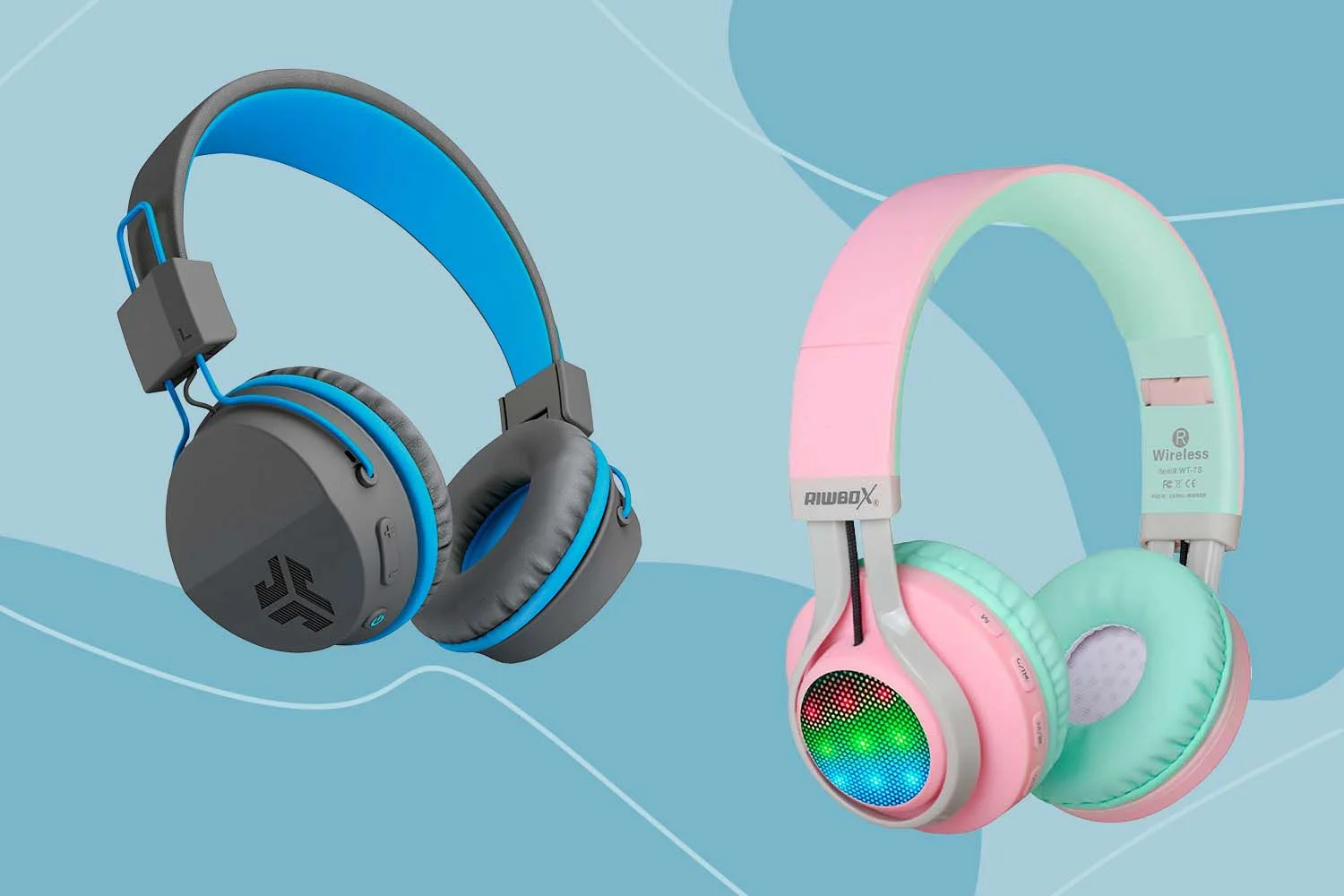For many years, Wi-Fi headphones have been hailed as the upcoming innovation in audio. Although wireless headphones provide many benefits, there are a few disadvantages that you might not be aware of. In order to assess whether Wi-Fi headphones are worthwhile, we will look at the misconceptions and truths surrounding them. Read more about these devices, including how they affect your listening and how they affect your daily life, to determine if they are the appropriate choice for you.
Remove the Wires
Because they have advantages over traditional wired headphones, wireless headphones have recently become more and more popular. These are five things to think about:
Wireless headphones transfer audio signals wirelessly using wired headphones technology, doing away with the requirement for a wire to connect the headphone to the audio source. This lessens ear canal stress and improves hearing comfort.
No Clutter or Tangles
Cords can become an obstruction when you are exercising for a long time. With wireless headphones, you won’t have to worry about them tangling up or slipping out of your ears when working out.
It can be challenging to move between devices when you have one cable plugged into your smartphone and another into your headphones. Wireless headphones do away with the necessity for cords and let you move between devices by only using the same Bluetooth connection thanks to Bluetooth technology!
Wireless headphones frequently produce different sounds because cables and wireless signals cannot both travel through walls.
High-Quality Audio:
To extend battery life and enhance audio quality, more people are switching to wireless headphones. Nevertheless, are our wireless headphones useful?
The following Three facts are likely new to you:
1. Wireless Headphones Consume A Lot Of Energy.
If you use wireless headphones to listen to music, the sound is transmitted wirelessly via the air. This implies that the battery in the headphones must supply them with electricity continuously for the earbuds to function. To prevent the battery from draining quickly, make sure your wireless headphones are fully charged before you use them.
2. Wireless Headphones can Interfere with Other Devices.
If you use a wireless router, it’s critical to consider whether your wireless headphones might obstruct it. If they do, either alter the settings on your router or cease using them. Make sure to switch off Bluetooth before connecting your wireless headphones to minimize interference when using another electronic device, such as a laptop or tablet.
3. Wireless Headphones Can Cause Hearing Loss.
Although there is no concrete proof of connecting wireless headphones to hearing loss, studies have shown that extended exposure to loud noises may result in problems including tinnitus (ear ringing) and hearing loss. Use corded headphones rather than wireless ones if you’re worried about potential ear damage.
What Are The Advantages Of Wi-Fi Headphones?
Wi-Fi headphones are becoming more and more common as individuals look for ways to be more productive and maximize their audio. They’ve been labeled “the next great thing,” but are they really worth it?
There are a few things to think about when using Wi-Fi headphones. The first is that using them necessitates a Bluetooth connection. Wi-Fi headphones are thought by some customers to have inferior sound quality to corded headphones. Last but not least, they might be pricey, so think about your demands before buying. Finally, Wi-Fi headphones could not have better audio components or noise-canceling functions.
Last Words
In the era of smartphones, many humans rely on wireless headphones to get through the day. Wireless headphones have come a long way in recent years, and now they are considered to be in greater use than ever. Our goal was to give you all the essential info you needed to know about them. Thanks for reading! I hope you found this helpful.
